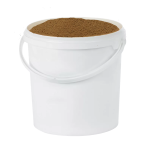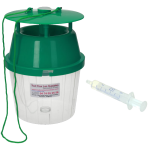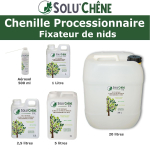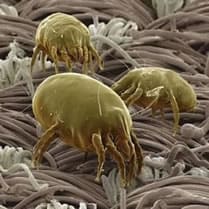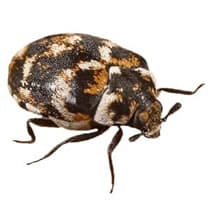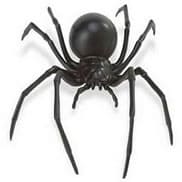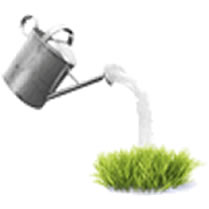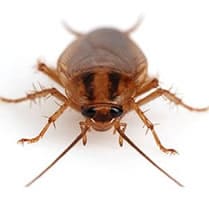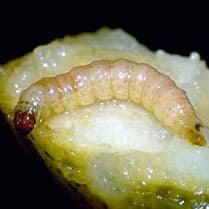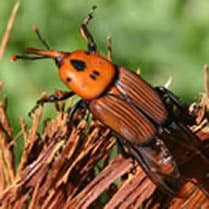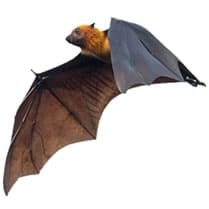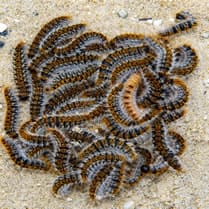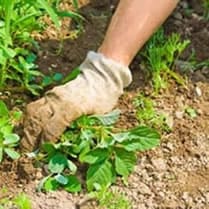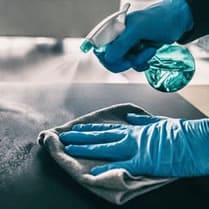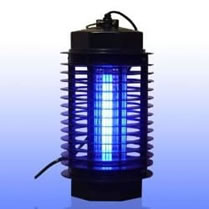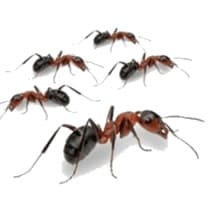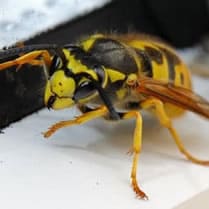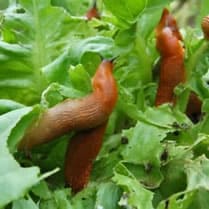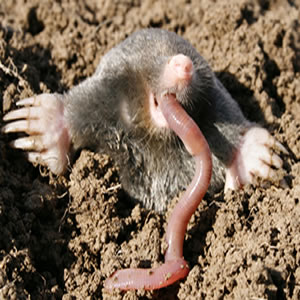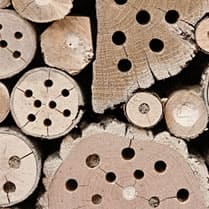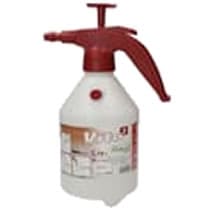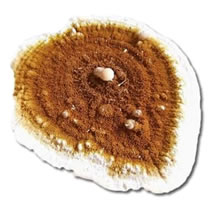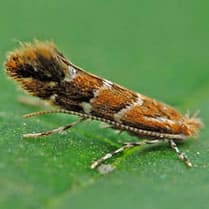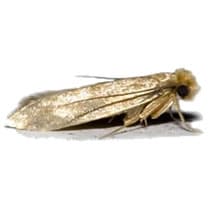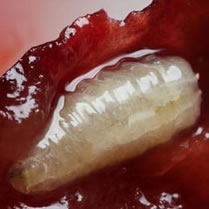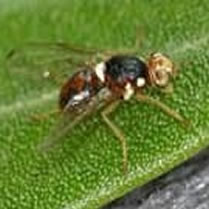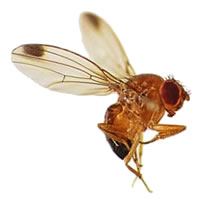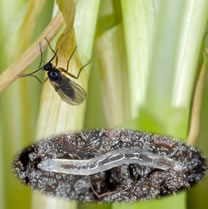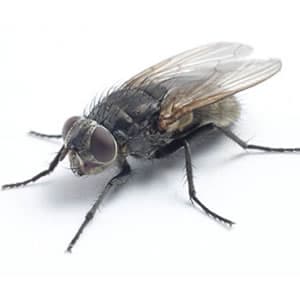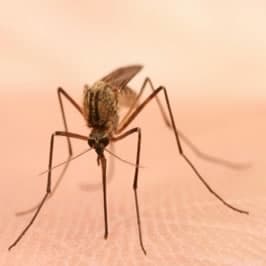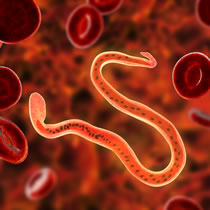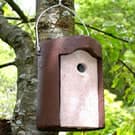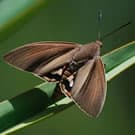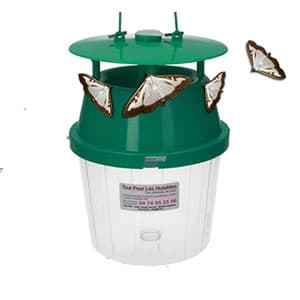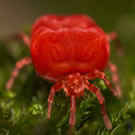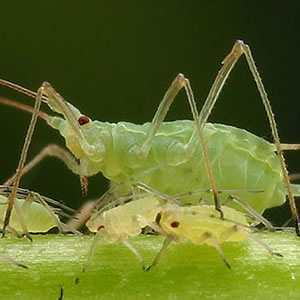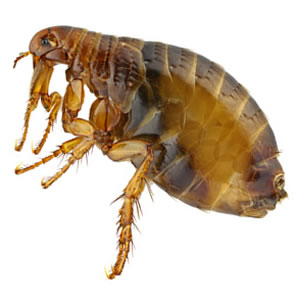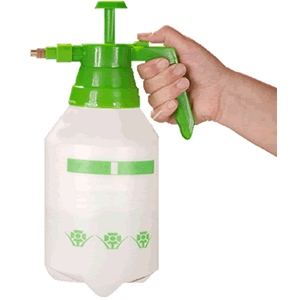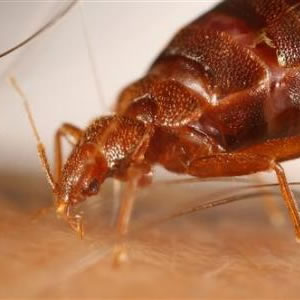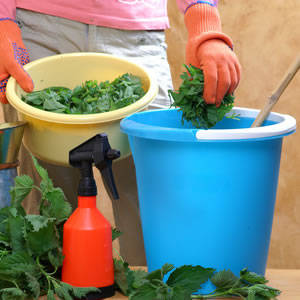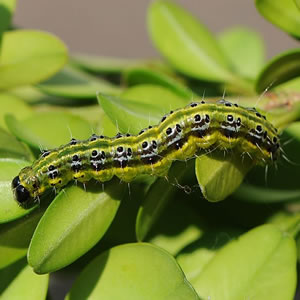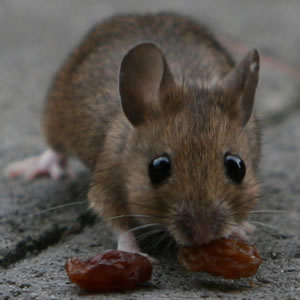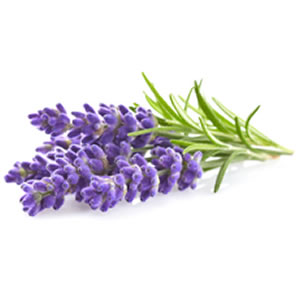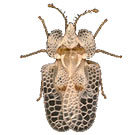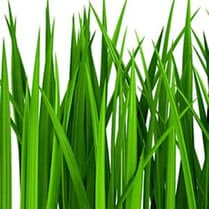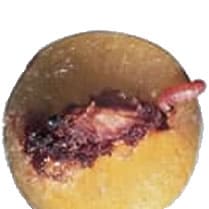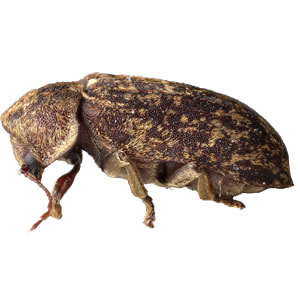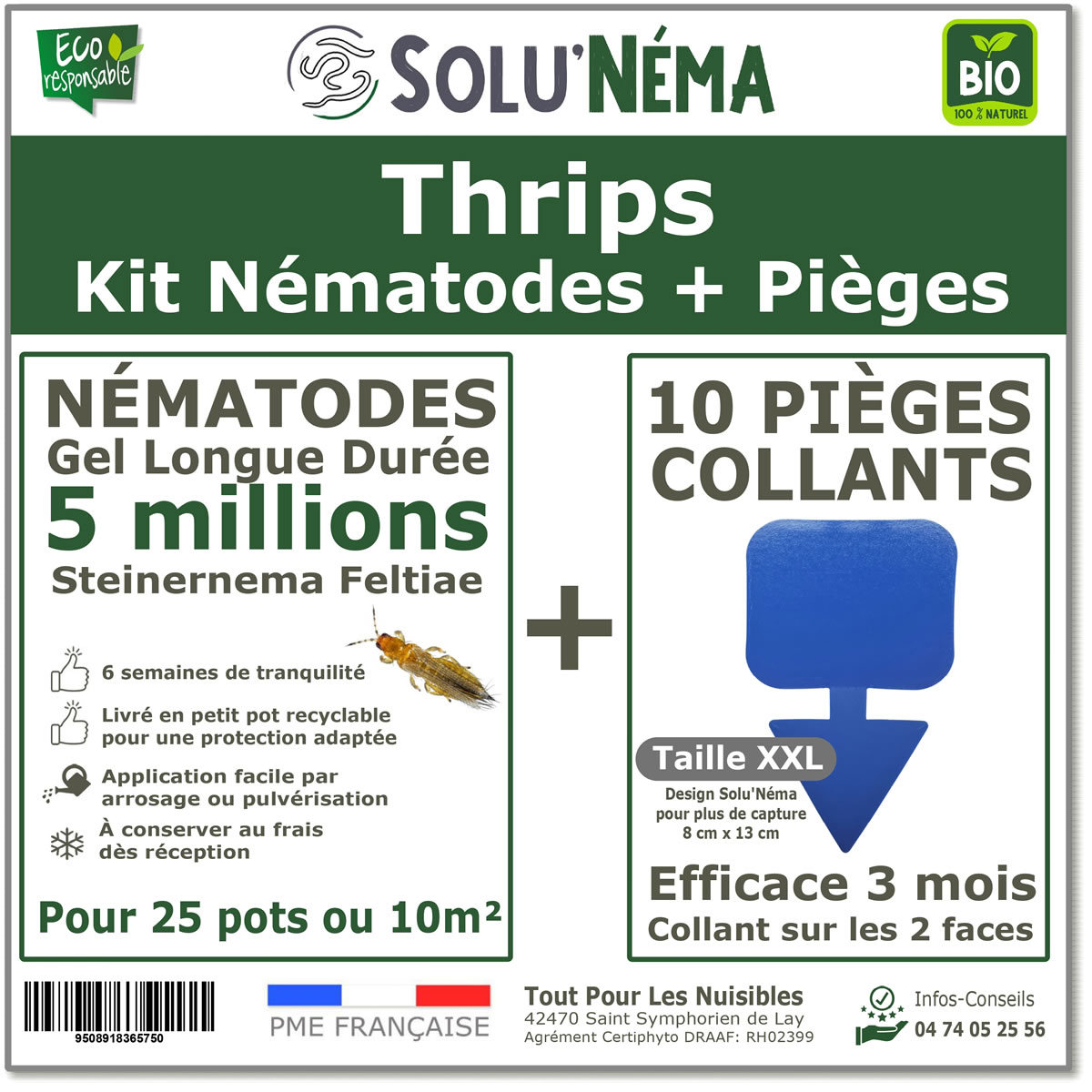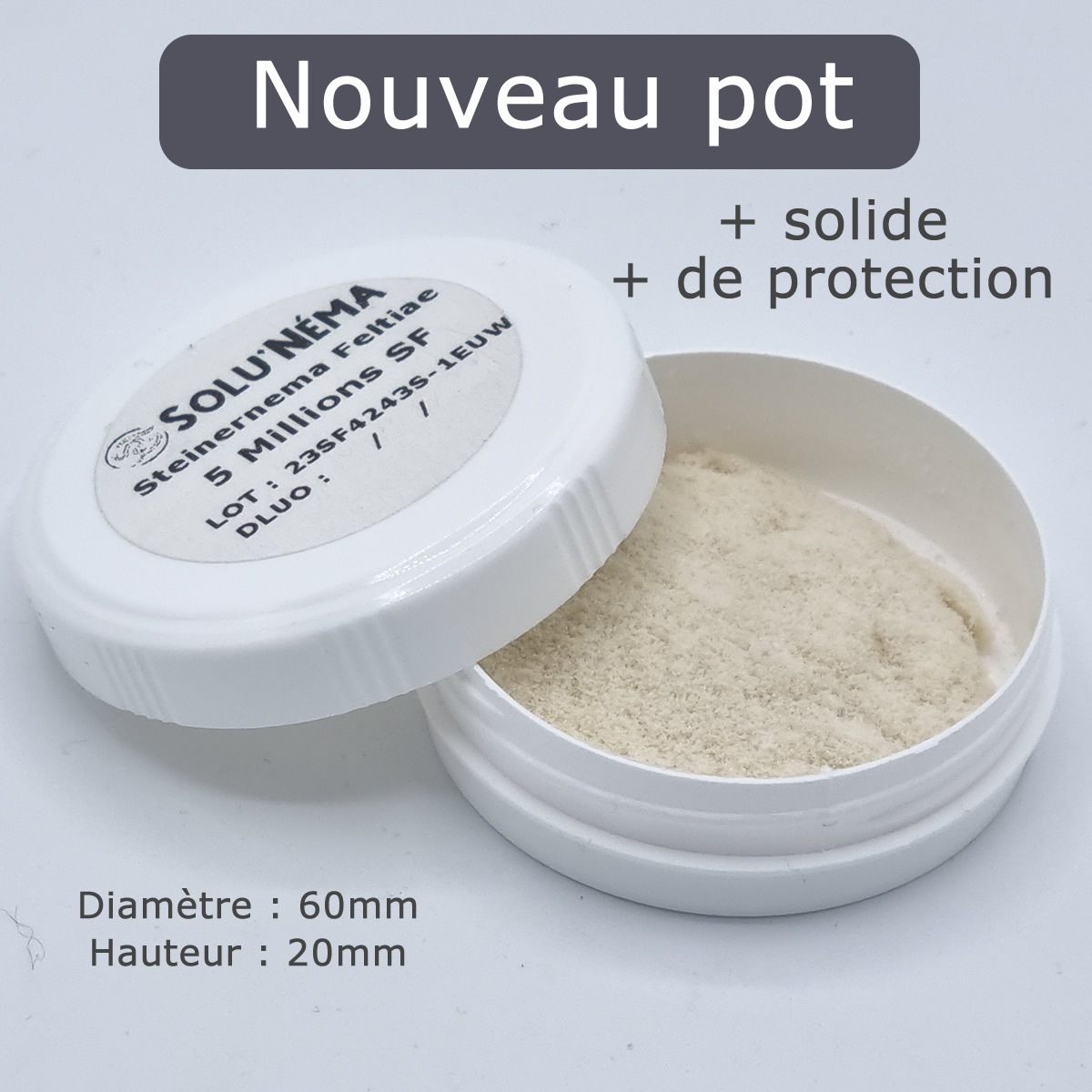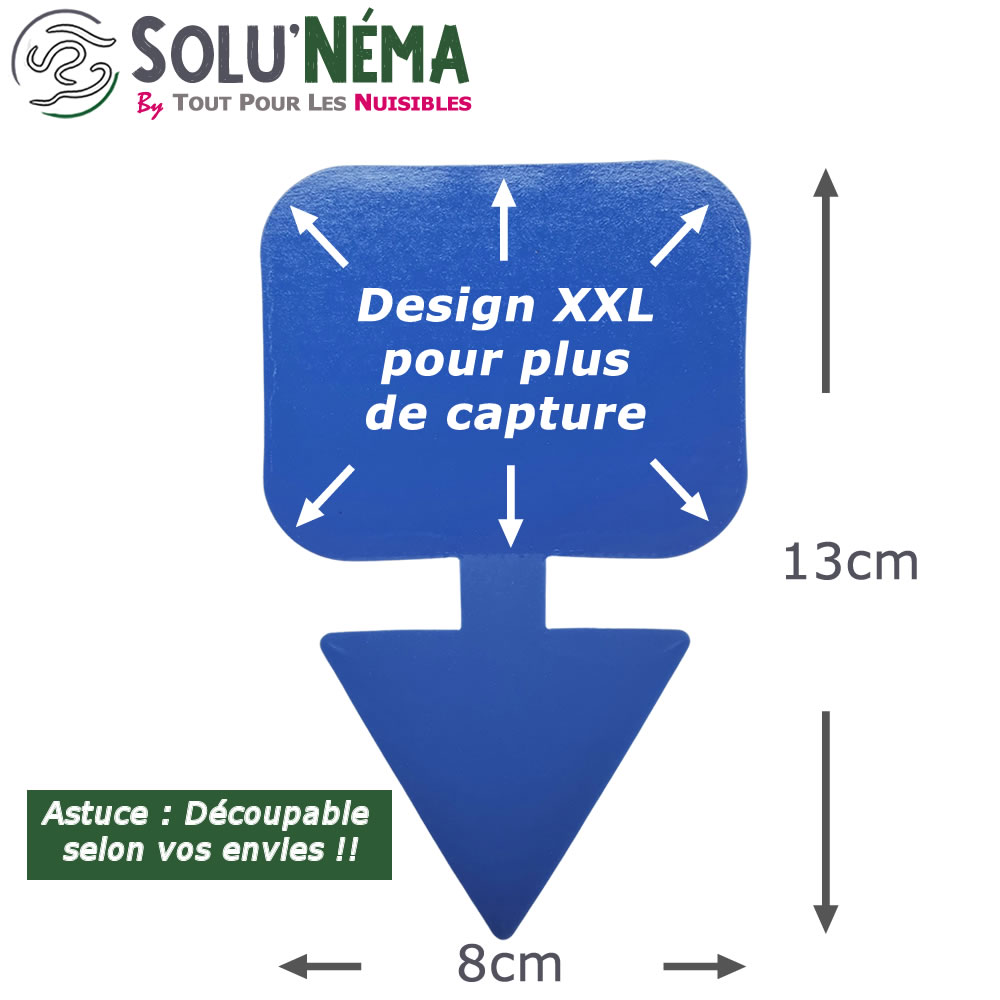- Free delivery
- Oak caterpillar
- Contact us
- Professionnal work place
- Other pests
-
![ACA - Acarien.info, products against mites]() Acariens Acarien.info, products against mites
Acariens Acarien.info, products against mites -
![ANT - Acarien.info, products against mites]() Anthrène des tapis Acarien.info, products against mites
Anthrène des tapis Acarien.info, products against mites -
![ARA - Acarien.info, products against mites]() Araignee Acarien.info, products against mites
Araignee Acarien.info, products against mites -
![ARE - Acarien.info, products against mites]() Arrosage écologique Acarien.info, products against mites
Arrosage écologique Acarien.info, products against mites -
![CAF - Acarien.info, products against mites]() Cafards et Blattes Acarien.info, products against mites
Cafards et Blattes Acarien.info, products against mites -
![CAR - Acarien.info, products against mites]() Carpocapse (vers des fruits) Acarien.info, products against mites
Carpocapse (vers des fruits) Acarien.info, products against mites -
![CRO - Acarien.info, products against mites]() Charancon rouge du palmier Acarien.info, products against mites
Charancon rouge du palmier Acarien.info, products against mites -
![CHI - Acarien.info, products against mites]() Chats-Chiens Acarien.info, products against mites
Chats-Chiens Acarien.info, products against mites -
![LCV - Acarien.info, products against mites]() Chauve souris Acarien.info, products against mites
Chauve souris Acarien.info, products against mites -
![CHE - Acarien.info, products against mites]() Chenille Processionnaire Acarien.info, products against mites
Chenille Processionnaire Acarien.info, products against mites -
![DES - Acarien.info, products against mites]() Desherbage Acarien.info, products against mites
Desherbage Acarien.info, products against mites -
![DVB - Acarien.info, products against mites]() Désinfection-Virus-Bacterie Acarien.info, products against mites
Désinfection-Virus-Bacterie Acarien.info, products against mites -
![DIU - Acarien.info, products against mites]() Destructeur Insectes UV Acarien.info, products against mites
Destructeur Insectes UV Acarien.info, products against mites -
![EPI - Acarien.info, products against mites]() Equipement Protection Individuelle Acarien.info, products against mites
Equipement Protection Individuelle Acarien.info, products against mites -
![FNE - Acarien.info, products against mites]() Fouines Acarien.info, products against mites
Fouines Acarien.info, products against mites -
![FOU - Acarien.info, products against mites]() Fourmis Acarien.info, products against mites
Fourmis Acarien.info, products against mites -
![GUE - Acarien.info, products against mites]() Guêpes - Frelons Asiatique Acarien.info, products against mites
Guêpes - Frelons Asiatique Acarien.info, products against mites -
![ENG - Acarien.info, products against mites]() Les Engrais Acarien.info, products against mites
Les Engrais Acarien.info, products against mites -
![LIM - Acarien.info, products against mites]() Limaces Acarien.info, products against mites
Limaces Acarien.info, products against mites -
![TAU - Acarien.info, products against mites]() Lyon Taupe Acarien.info, products against mites
Lyon Taupe Acarien.info, products against mites -
![INS - Acarien.info, products against mites]() Maisons Insectes Acarien.info, products against mites
Maisons Insectes Acarien.info, products against mites -
![MAT - Acarien.info, products against mites]() Materiel de traitement Acarien.info, products against mites
Materiel de traitement Acarien.info, products against mites -
![MEP - Acarien.info, products against mites]() Mérule Acarien.info, products against mites
Mérule Acarien.info, products against mites -
![MIN - Acarien.info, products against mites]() Mineuse du Marronnier Acarien.info, products against mites
Mineuse du Marronnier Acarien.info, products against mites -
![MIT - Acarien.info, products against mites]() Mites des Vêtements - Alimentaire Acarien.info, products against mites
Mites des Vêtements - Alimentaire Acarien.info, products against mites -
![MOC - Acarien.info, products against mites]() Mouche cerise Acarien.info, products against mites
Mouche cerise Acarien.info, products against mites -
![OLI - Acarien.info, products against mites]() Mouche de l olive Acarien.info, products against mites
Mouche de l olive Acarien.info, products against mites -
![SUZ - Acarien.info, products against mites]() Mouche suzukii Acarien.info, products against mites
Mouche suzukii Acarien.info, products against mites -
![MDT - Acarien.info, products against mites]() Mouche-du-terreau Acarien.info, products against mites
Mouche-du-terreau Acarien.info, products against mites -
![MOU - Acarien.info, products against mites]() Mouches Acarien.info, products against mites
Mouches Acarien.info, products against mites -
![MTQ - Acarien.info, products against mites]() Moustique Acarien.info, products against mites
Moustique Acarien.info, products against mites -
![NEM - Acarien.info, products against mites]() Nématodes Acarien.info, products against mites
Nématodes Acarien.info, products against mites -
![NIC - Acarien.info, products against mites]() Nichoirs et Abris Acarien.info, products against mites
Nichoirs et Abris Acarien.info, products against mites -
![PAL - Acarien.info, products against mites]() palmiers Acarien.info, products against mites
palmiers Acarien.info, products against mites -
![PAY - Acarien.info, products against mites]() Papillon du palmier Acarien.info, products against mites
Papillon du palmier Acarien.info, products against mites -
![PHE - Acarien.info, products against mites]() Phéromone bio Acarien.info, products against mites
Phéromone bio Acarien.info, products against mites -
![PGE - Acarien.info, products against mites]() Pigeon Acarien.info, products against mites
Pigeon Acarien.info, products against mites -
![POU - Acarien.info, products against mites]() Poux rouges du Poulailler Acarien.info, products against mites
Poux rouges du Poulailler Acarien.info, products against mites -
![PDC - Acarien.info, products against mites]() Protection du cheval Acarien.info, products against mites
Protection du cheval Acarien.info, products against mites -
![PCR - Acarien.info, products against mites]() Pucerons Acarien.info, products against mites
Pucerons Acarien.info, products against mites -
![PUC - Acarien.info, products against mites]() Puces Acarien.info, products against mites
Puces Acarien.info, products against mites -
![PUL - Acarien.info, products against mites]() Pulvérisateur Acarien.info, products against mites
Pulvérisateur Acarien.info, products against mites -
![PUN - Acarien.info, products against mites]() Punaise de Lit Acarien.info, products against mites
Punaise de Lit Acarien.info, products against mites -
![PUR - Acarien.info, products against mites]() Purin Acarien.info, products against mites
Purin Acarien.info, products against mites -
![PYR - Acarien.info, products against mites]() Pyrale du buis Acarien.info, products against mites
Pyrale du buis Acarien.info, products against mites -
![SER - Acarien.info, products against mites]() Serpents Acarien.info, products against mites
Serpents Acarien.info, products against mites -
![SDA - Acarien.info, products against mites]() Soin des arbres Acarien.info, products against mites
Soin des arbres Acarien.info, products against mites -
![SDV - Acarien.info, products against mites]() Soin des végétaux Acarien.info, products against mites
Soin des végétaux Acarien.info, products against mites -
![SOU - Acarien.info, products against mites]() Souris - Rat - Campagnol - Rongeur Acarien.info, products against mites
Souris - Rat - Campagnol - Rongeur Acarien.info, products against mites -
![STO - Acarien.info, products against mites]() Stop Odeur Acarien.info, products against mites
Stop Odeur Acarien.info, products against mites -
![TIG - Acarien.info, products against mites]() Tigre du Platane Acarien.info, products against mites
Tigre du Platane Acarien.info, products against mites -
![CPT - Acarien.info, products against mites]() Tout Pour Le Compost Acarien.info, products against mites
Tout Pour Le Compost Acarien.info, products against mites -
![TPG - Acarien.info, products against mites]() Tout Pour Mon Gazon Acarien.info, products against mites
Tout Pour Mon Gazon Acarien.info, products against mites -
![PRU - Acarien.info, products against mites]() Ver de la prune Acarien.info, products against mites
Ver de la prune Acarien.info, products against mites -
![VRI - Acarien.info, products against mites]() Vrillette Acarien.info, products against mites
Vrillette Acarien.info, products against mites
-
Thrips Kit - 5 million Nematodes and 10 sticky traps
Disponibilité : En stock
Biological treatment against Thrips - Nematodes Steinernema Feltiaé (SF) 5 million
Nematodes are microscopic worms invisible to the naked eye.
Thrips are small insects that belong to the order Thysanoptera. Measuring about 1 to 2 millimeters long, they have thin, elongated bodies, pale yellow to dark brown in color. Thrips have fringed wings that allow them to fly, but they generally prefer to get around by walking or jumping. They feed on plants, removing plant tissue with their pointed mouthparts. Thrips can cause significant damage to crops, as they can feed on leaves, flowers and fruits, reducing the quality and quantity of production.
Thrips are also known to carry viruses that can cause disease in plants. Viruses are transmitted by thrips when they feed on the infected plant. Symptoms of the disease may include leaf spots, reduced growth and poor fruit quality. Thrips damage can be particularly severe in vegetable crops, such as tomatoes, peppers and cucumbers.
To combat thrips, there are different biological control methods, such as the use of Steinernema feltiae nematodes. Steinernema feltiae nematodes are tiny soil-dwelling worms that naturally prey on thrips. The nematodes feed on the thrips inside their bodies, killing them. Steinernema feltiae nematodes can be applied directly to crops, using a drench or sprayer. This method is effective and environmentally friendly, as it does not require the use of chemicals.
This method of fighting to eradicate thrips is environmentally friendly, without chemicals or harmful products. 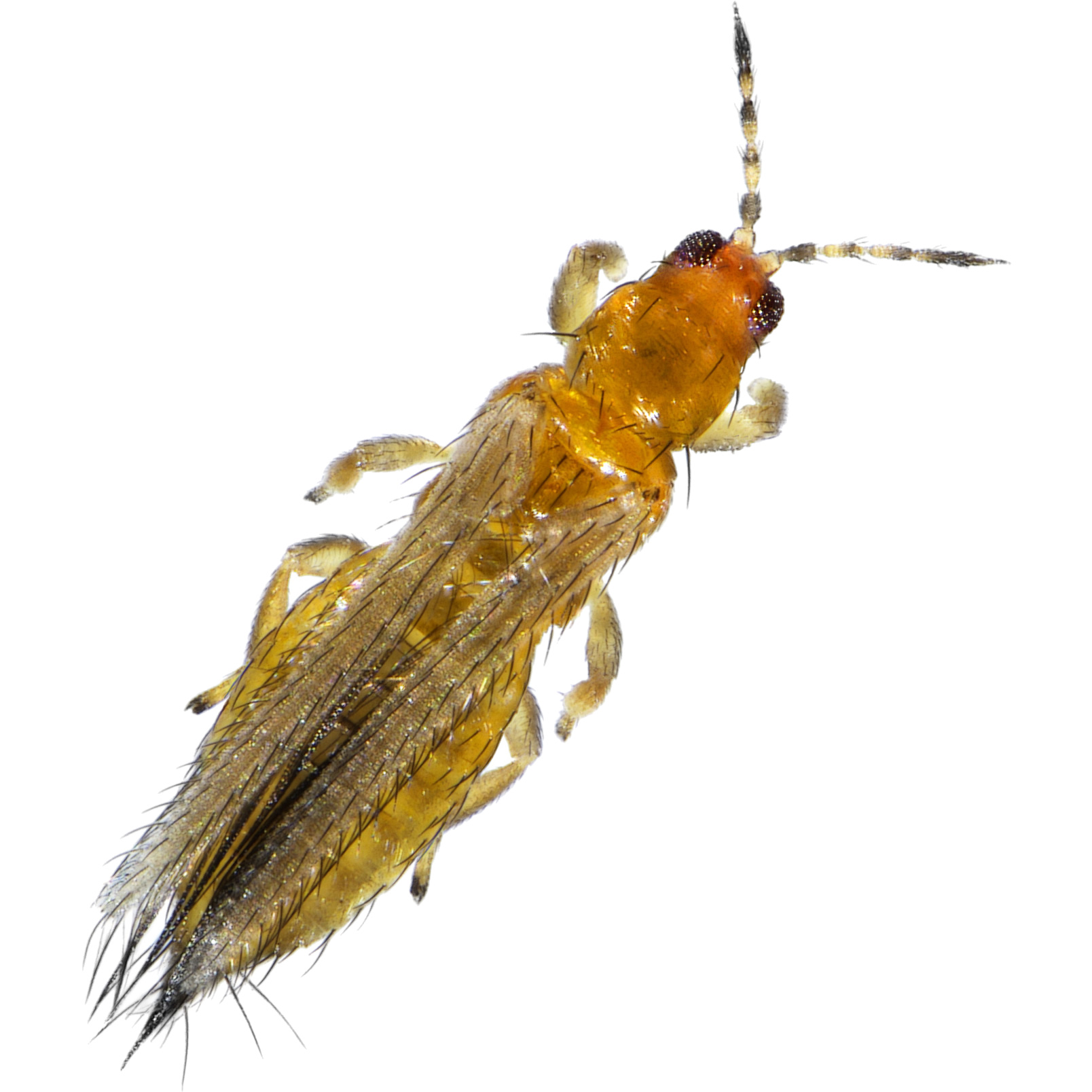
ATTENTION :
It is a LIVING PRODUCT with a FAIRLY SHORT use date.
Avoid buying them in advance.
Use THE WHOLE POT at the time of TREATMENT because the nematodes are not evenly distributed in the pot.
Advice
Combine this nematode treatment with yellow glue traps for potted plants to also eliminate the adult stage.
Packaging: Pot of 5 million nematodes for 20 to 25 pots (approximately 10 m2) + Set of 10 sticky traps
PS: Jar containing a moist granular powder.
Manual
By watering or spraying.
Moisten the soil to be treated.
Pour the powder into a watering can or sprayer, add water and mix well.
Water or spray the soil.
Instructions for traps
·Pack Content: You will find 10 insect traps with varied designs.
·Preparation: Carefully remove the white protective film from each side of the trap.
·Placement: Insert the trap directly into your plant's soil.
For optimal effectiveness, check regularly and replace traps as soon as they become full of insects.
How are your anti-Thrips nematodes delivered to you?
By unrefrigerated tracked letter directly to the mailbox.
Nematodes can survive for more than 8 days at room temperature without concern. Storing them in the fridge is just to keep them longer by slowing down their development.
The nematodes must be kept cool after receipt in order to slow down their metabolism ("hibernation") so that they can be stored until the DLU date.
At room temperature, nematodes do not die but continue to develop. Without food, they would end up dying naturally after about ten days.
Processing date
Treatment with nematodes can be done all year round as a preventative or curative measure as soon as pests appear when the temperature reaches 10 to 12°C.
Dosage
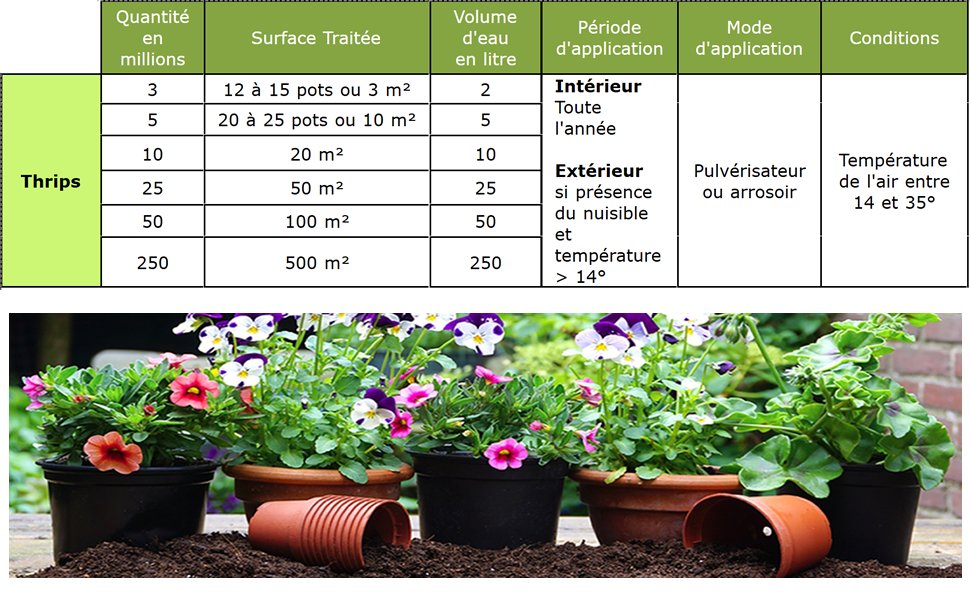
Mode of action
Nematodes are present naturally in the earth in small quantities, they are microscopic worms invisible to the naked eye, respectful of useful insects, crops and vertebrates (human beings and domestic animals).
Nematodes move through the soil looking for pest larvae to parasitize. When they find them, they enter their body through natural channels and multiply inside, thus leading to their death within a few days.
Tip : Combine this nematode treatment with yellow glue traps for potted plants to also eliminate the adult stage.
Protection : Planters and potted plants.
Surface treated : 20 to 25 pots or 10 m²
| Cart Summary | |||||||||
|---|---|---|---|---|---|---|---|---|---|
| Subtotal : | 0.00 € | ||||||||
|
|
|||||||||
| Total : | 0.00 € | ||||||||








Over-Ear Headphone
$120 $200
Lorem ipsum, dolor sit, amet consectetur adipisicing elit. Ipsum non facilis corporis modi consequatur. Iure perferendis dicta illum deleniti veritatis vero tempora maxime ducimus quaerat, iusto omnis magni doloribus. Repellat exercitationem odio amet sit.


